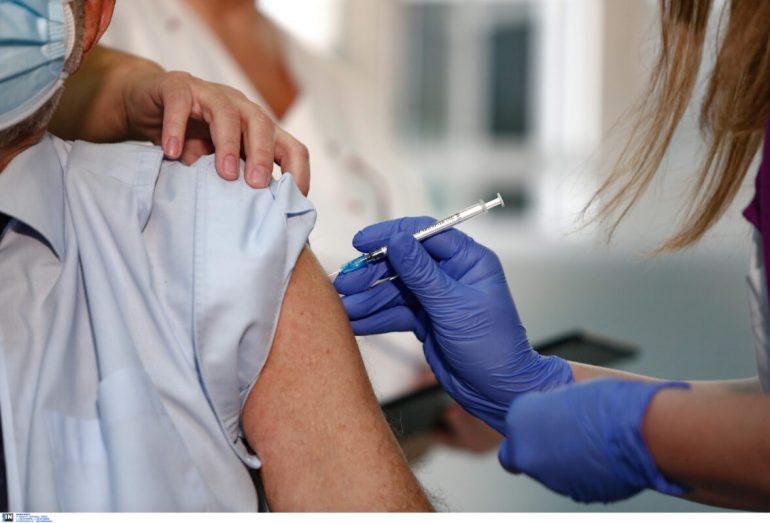Older people in the UK who have received two doses of the AstraZeneca vaccine are less likely to develop antibodies to the coronavirus than those who have been fully vaccinated with the Pfizer formulation.
Researchers at Imperial College REACT-2 study randomized blood samples from 270.000 vaccinated people in Britain and found that less than 85% of people over 80 had detectable antibody levels two weeks after the second dose of Astra vaccine.
In the case of the Pfizer vaccine, the two doses provided antibodies to 98% of those vaccinated in the same age group.
According to Ian Jones, a professor of virology at the University of Reading, the small delay in the AstraZeneca vaccine is due to the fact that the preparation is based on a weakened cold virus. The body may in some cases attack this virus instead of the protein on the surface of the coronavirus.
At the same time, however, scientists note that both vaccines reduce the risk of coronavirus and even Delta mutation by more than 90%.
At younger ages both doses of AstraZeneca are extremely effective. Antibodies are developed at the rate of 39% under the age of 100, at the rate of 40% at the age of 49-99,4, at the rate of 50% at the age of 59-93,8 and at the rate of 60% at the age of 69-92,1.
The Pfizer vaccine develops antibodies in 100% of all ages except the age group over 80 years.
